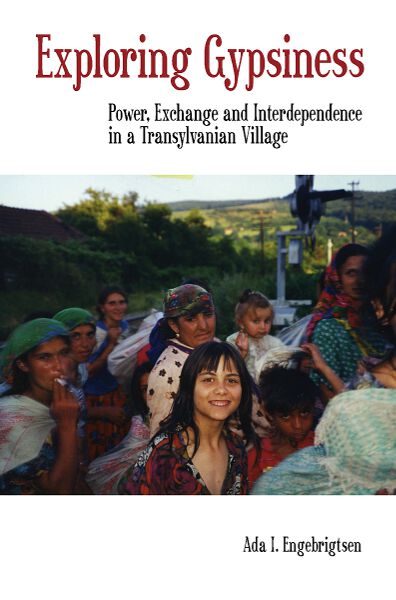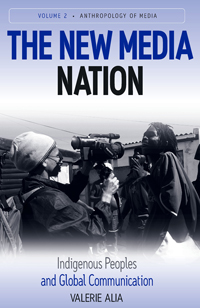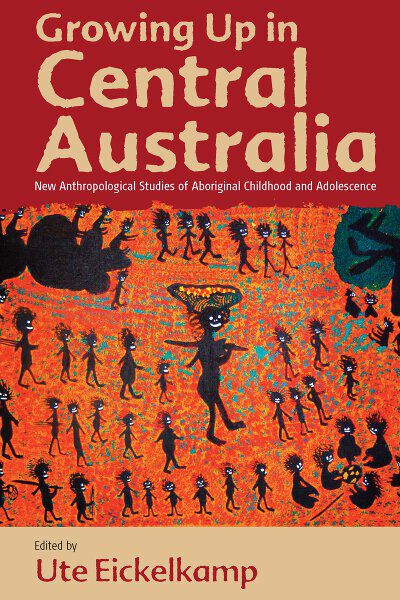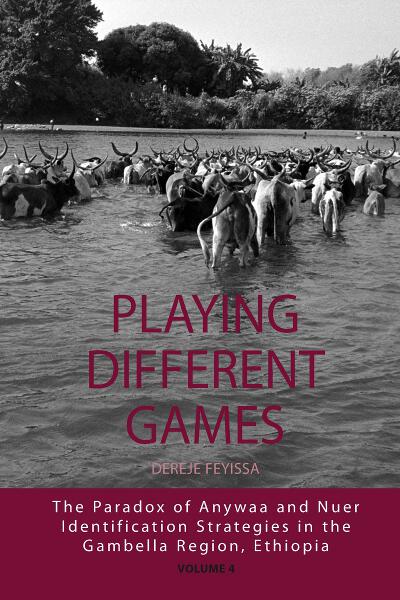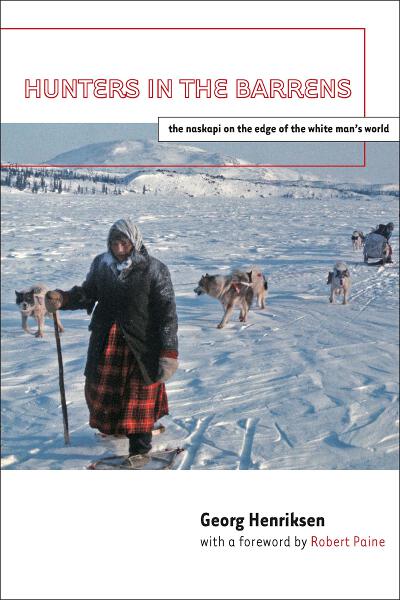
See Related
Anthropology JournalsEmail Newsletters
Sign up for our email newsletters to get customized updates on new Berghahn publications.
Hunters in the Barrens
The Naskapi on the Edge of the White Man's World
Georg Henriksen
With a foreword by Robert Paine
134 pages, 31 illus., bibliog., index
ISBN 978-1-84545-950-5 $29.95/£23.95 / Pb / Published (December 2010)
eISBN 978-0-85745-367-9 eBook
Reviews
“Valuable as an example of the anthropology of development and modernization prevalent in northern Canada at the time, the book transcends this genre in the acuity of its ethnographic analysis and beautifully captures a moment – Henriksen began fieldwork in 1966 – when Mushuau Innu were making the transition to permanent communities… This book is important for Algonquian and circumpolar specialists, as well as for students wishing to understand dynamics of hunting societies in modernity. It has also become significant as a historical record both of the Innu people and of anthropology in northern Canada.” · Journal of the Royal Anthropological Institute
Description
This comprehensive study of the Naskapi Indians of Labrador is based on an anthropologist’s life with them between 1966 and 1968, when families still followed the traditional pattern of hunting on the barrens during the winter and returning to their costal settlements in the summer. Now the Naskapi live in coastal settlements; no longer in possession of their own culture, they have become sedentaries under white tutelage. This description of two antithetical worlds provides valuable insights for anyone interested in contemporary native rights issues.
Georg Henriksen (1940-2007) was Professor of Social Anthropology at the University of Bergen (Norway). He first carried out extensive fieldwork among the Innu in 1966–68, and for the rest of his life kept returning to Labrador. It was his deep concern for the future of the Innu people, and that of other indigenous peoples, that drove him to participate in the founding of IWGIA (International Work Group for Indigenous Affairs). He always retained a special fondness for the Innu people, and a great personal, professional and political interest in their affairs.

